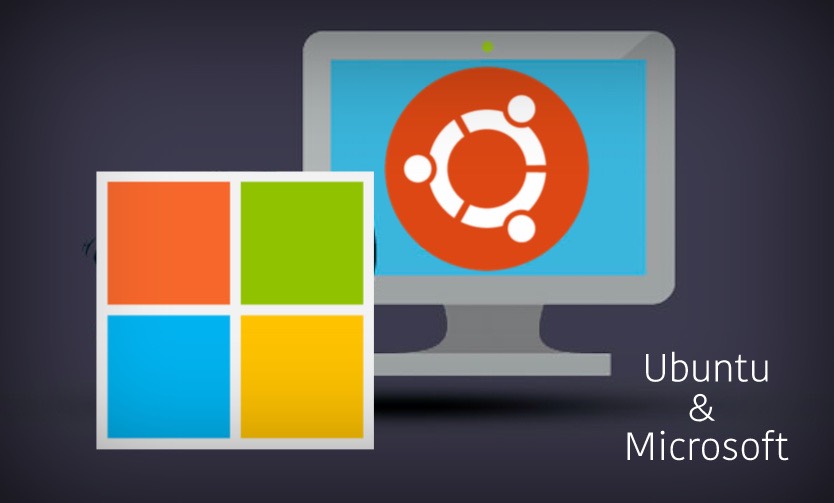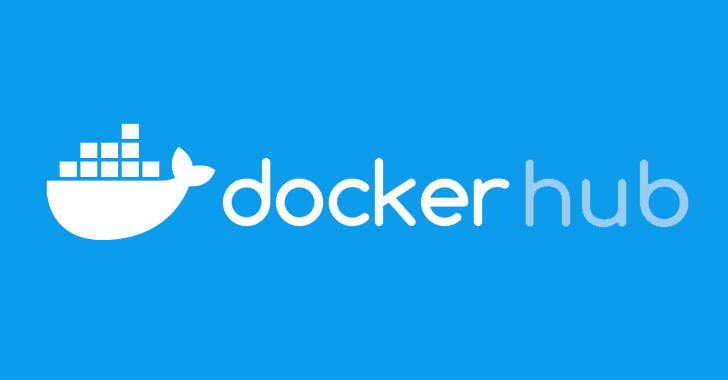 Short Bytes: Microsoft and Canonical’s latest partnership that has enabled Windows users to use Ubuntu Linux apps on Windows 10 marks the start of a new friendship. Talking about the same, Canonical founder Mark Shuttleworth says that Microsoft and Ubuntu have left their rivalry behind. We hope that it’ll make open source and FOSS movement stronger than ever.
Short Bytes: Microsoft and Canonical’s latest partnership that has enabled Windows users to use Ubuntu Linux apps on Windows 10 marks the start of a new friendship. Talking about the same, Canonical founder Mark Shuttleworth says that Microsoft and Ubuntu have left their rivalry behind. We hope that it’ll make open source and FOSS movement stronger than ever.
Gone are the days when Microsoft and Linux were fierce competitors. Forget the days when Redmond employed every trick from its cookbook to keep developers away from Linux distributions. Under the leadership of CEO Satya Nadella, things have changed.
Repeatedly, we’ve written about Microsoft’s Linux love and we our wicked imagination even prompted us to posted an April Fools’ article revolving around the similar topic. Recently, Microsoft played its masterstroke of luring the developers by letting them run Ubuntu Linux apps inside Windows 10.
A dedicated Linux distro from Microsoft in the upcoming years or whatever might be the future, things are really changing now.
About the latest developments, Mark Shuttleworth, Canonical (Ubuntu’s parent company) founder says that Microsoft’s love for Linux and open source are a complete inversion.
Also read: Ubuntu 16.04 LTS Released, Download ISO Files And Torrents Now
Microsoft and Canonical have now partnered on various fronts and Shuttleworth calls the trauma of competition behind them. “We’re past that now,” Shuttleworth says.
Linux vs Windows war on desktop computing:
Few years ago, Canonical pitched Ubuntu as the perfect replacement of Windows operating system on the PC. Canonical’s Ubuntu expected to do wonders on desktop by combining the open source philosophy of Linux and the easy-to-use nature of Windows.
However, things didn’t work out that way open source enthusiasts expected. Unlike the performance of Ubuntu in OpenStack and cloud space, the desktop consumers shied away from the OS die to the lack of popular apps.
“Personal computing is a bit of a stretch,” Shuttleworth says.
However, Shuttleworth praises the developers who support Ubuntu and serve the open source community. “[Developers are] a very independent, technocratic community and I’ll bend over backwards for those guys,” he says.
Talking about the Ubuntu remains the most popular open source desktop OS and Windows continues to rule the overall desktop market.
We are gald to witness this blooming friendship, hoping that it’ll make open source and FOSS movement stronger than ever.










